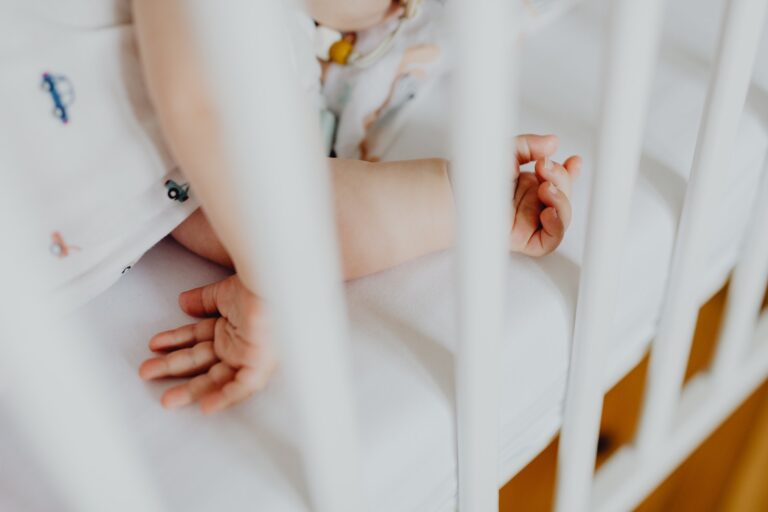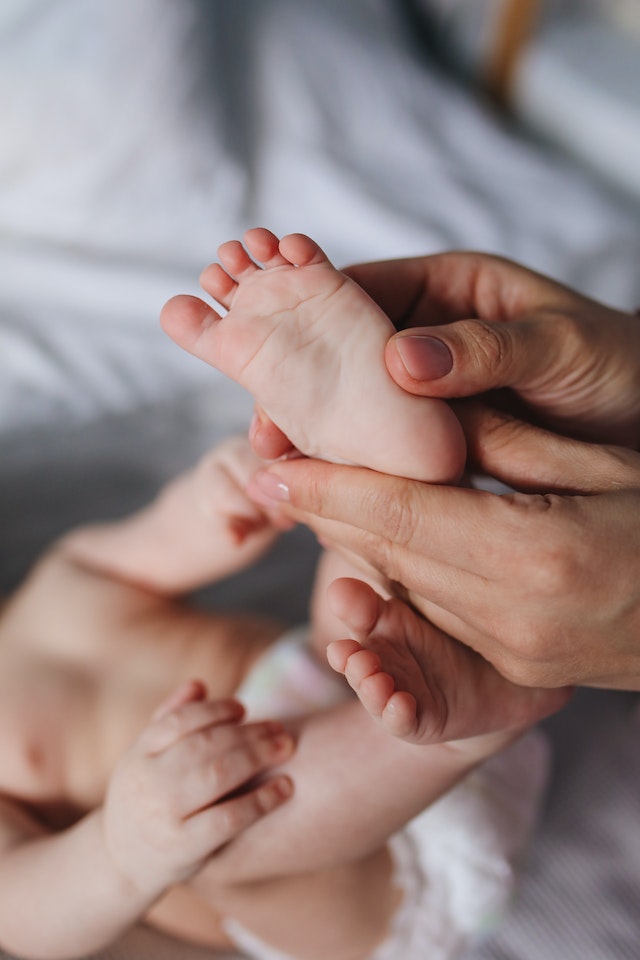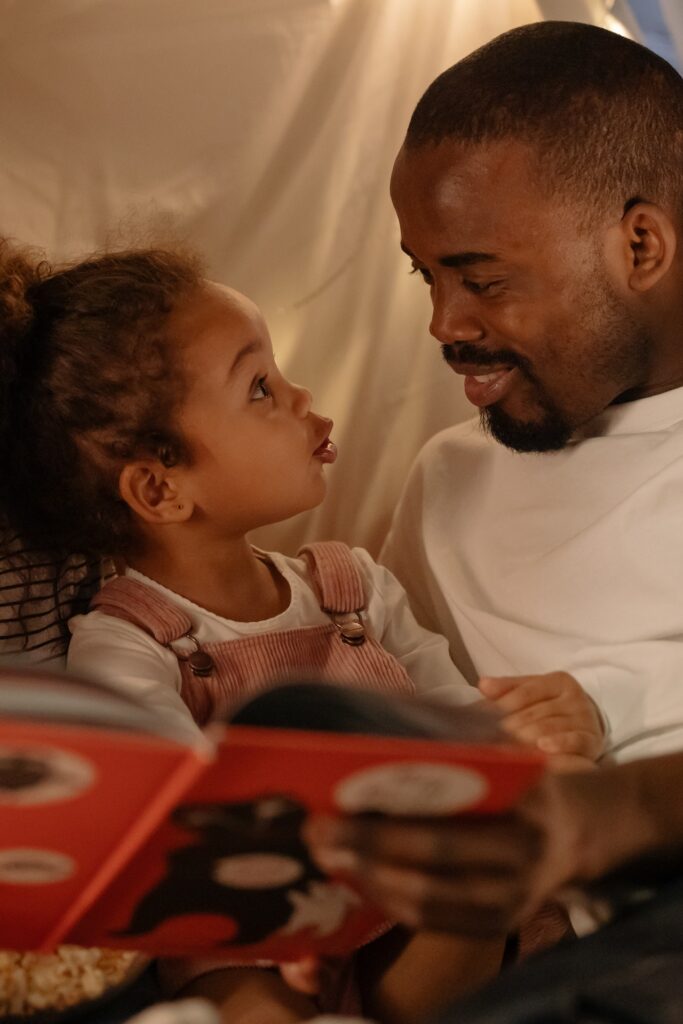Welcoming a newborn into your life is a truly momentous occasion, and with it comes the exciting yet often sleep-deprived journey of parenting! One of the most common questions new parents have is, ‘how much sleep does my baby need?’ Understanding your baby’s sleep needs from the beginning will make the world of difference to both yours and your baby’s life and wellbeing.
Let’s explore the sleep requirements for the first year of your baby’s life, with some tips on establishing healthy sleep routines!

Newborns (0-2 Months)
Newborns are known for their unpredictable sleep patterns. During the first few months of life, your baby is adjusting to the outside world, and their sleep-wake cycles are not yet fully developed. On average, newborns sleep for 14 to 17 hours a day, but it is important to remember that each sleep session lasts only 2-4 hours at a time. It’s normal for them to wake frequently for feeding and nappy changes, so don’t be alarmed by their irregular sleep schedule. Follow your baby’s lead in those first 3 months and know, that it does get better!
Infants (3-6 Months)
As your baby grows, their sleep patterns tend to become more predictable. Most infants at this age still need to sleep for 12 to 15 hours a day. However, the durations of nighttime sleep gradually increases and by 6 months many babies can sleep though the night (Yay!), but some may still wake for nighttime feeds. Daytime naps typically become more structured with 3-4 naps per day, ranging from 30 minutes to 2 hours.

Infants (6-9 Months)
Between 6-9 months, most babies are still getting the zzz’s in, needing an average of 13 to 14 hours sleep per day. They mostly sleep throughout the night, but still need between 2 to 3 morning and afternoon naps throughout the day, which last between 1-2 hours each.
Toddlers (1 Year and Beyond)
Once your baby reaches the one-year mark, they are considered toddlers and their sleep patterns continues to evolve. Toddlers need around 11 to 14 hours of sleep per day, including nighttime sleep and 1-2 daytime naps. This daytime nap is hugely important to avoid your toddler becoming overtired! Keep in mind that some toddlers may require more or less sleep than this average.

Remember that these are general guidelines, and every baby is unique. Sleep patterns can widely vary; it is essential to watch for your baby’s cues and adapt the routine to their needs. Gradually as your baby grows their sleep schedule will evolve;
Here are 5 Top Tips to Create Healthy Sleep Habits.
1. Establish a Consistent Routine: Creating a relaxing bedtime routine that includes calming activities like reading a bedtime story, baby massage or gentle rocking your baby. Consistency is key in helping your baby associate certain activities with sleep.
2. Create a Sleep-Friendly Environment: Ensure your baby’s sleep space is safe, quiet and comfortable. Maintain a comfortable room temperature and use blackout curtains to create a dark environment during the night. Our favourite blackout blind has a celestial star print to create the perfect night environment.
3. Watch for Sleep Cues: Pay attention to your baby’s sleep cues, such as yawning, rubbing their eyes, becoming fussy and hearing a soft, whiny “owh” crying sound. These signs can indicate that it’s time for a nap or bedtime.
4. Overstimulation: Try to limit exposure to bright screens or stimulating activities close to bedtime. Instead, opt for soothing, low energy activities that will help relax and unwind. Many babies respond well to white noise machines which help activate a baby’s calming reflex. Remember to keep white noise machines as a safe distance away from baby’s ears and play at between 60-70 decibels. Our favourite white noise machine is the Dreammaker Baby Sleep Aid by Tommee Tippee!
5.Responsive Parenting: It’s important to respond to your baby’s needs promptly, whether it’s feeding, changing or providing comfort during the night. This helps builds trust and security, which can promote better sleep over time.
Understanding your baby’s sleep needs and patterns is a crucial part of parenthood. While there are general guidelines for how much sleep newborns to one year olds require, every baby is unique. Be patient and flexible, as sleep patterns can change frequently during the early months. By providing a consistent and nuturing sleep environment, you can help your little one develop healthy sleep habits that will benefit them for years to come. Sweet Dreams for both you and your little one!






